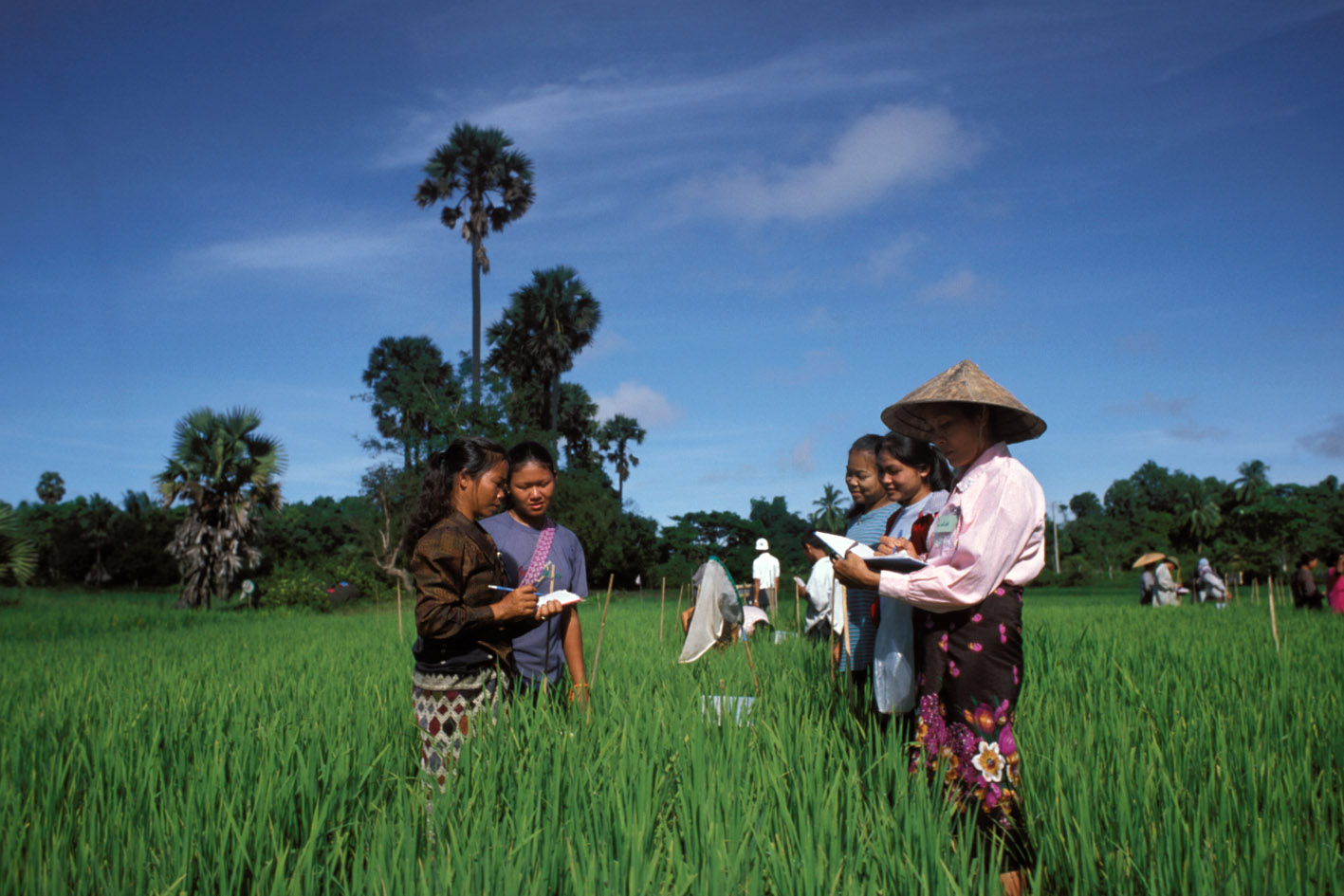Living Standards Survey 2009
Tajikistan, 2009
Get MicrodataIdentification
TAJ_2009_LSS-W4_v01_EN_M_v01_A_OCS
Living Standards Survey 2009
| Name | Country code |
|---|---|
| Tajikistan | TAJ |
Living Standards Measurement Study [hh/lsms]
Three Living Standards Measurement Study surveys had been conducted in Tajikistan. The first was conducted in 1999, the second in 2003, and the third survey was conducted in 2007. This is the fourth Living Standards Survey and panel with 2007.
The principal focus of the survey is an issue of interest to us all - the welfare level of Tajik individuals and households. The survey data will be used in analyses to determine what proportion of Tajiks are unable to meet their basic needs to enjoy an adequate standard of living and are living in poverty. These studies will also consider what accounts for some households being able to attain and sustain such a standard of living and what might be done to assist those households and individuals now living in poverty to escape poverty. The information collected in the Tajikistan LSS 2009 also will be used in a range of other studies, including examining employment, health, nutritional status, agriculture, as well as better understanding how households respond to changes in the macroeconomic environment. As you will learn, the data collected using the LSS 2009 is particularly rich because it integrates such a wide range of aspects of household and individual characteristics.
Sample survey data [ssd]
Households
Scope
The scope of the study is:
- Household roster
- Internal Migration
- International Migration
- Family Members Living Away from the Household
- Preschool Education
- Education (6 years and older)
- Utilization of Outpatient Health Care
- Hospitalization
- Access to Health Care
- Labour Force Participation in Labour Market
- Overview Last 14 Days
- Main and Secondary Jobs in the Last 14 Days
- Activities over the Last 24 Months
- Utilities
- Water and Sanitation
- Durable Goods
- Transfers from Another Household
- Transfers to Another Household
- Social Assistance
- Subjective Poverty and Food Security
- Coping Strategies
- Expenditure on Food in the Last Seven Days
- Non-food Purchases Past 30 Days
- Non-food Purchases Past 6 Months
- Non-food Purchases Past 12 Months
- Other Income
- Household and Population Weights
| Topic | Vocabulary |
|---|---|
| Access to Finance | FAO |
| Migration & Remittances | FAO |
| Payment Systems | FAO |
| Health | FAO |
| Labor Markets | FAO |
| Infrastructure | FAO |
| Water | FAO |
| Social Development | FAO |
| Food (production, crisis) | FAO |
| Aid effectiveness | FAO |
| Poverty | FAO |
| Fragile & Conflict-affected States | FAO |
Coverage
National
Producers and sponsors
| Name |
|---|
| State Statistical Agency |
Sampling
Sample size is 1,500 households
Data collection
| Start | End |
|---|---|
| 2009-11-01 | 2009-11-30 |
Data appraisal
The data from the study can be matched to the data from the Tajikistan LSS of 2007 in the following way. The variables “psuid” and “hhuid” are the variables that need to be used to merge together the LSS 2007 and LSS 2009 data. Variable “hhid” in the LSS 2007 data is unique to the LSS 2007 data and can be used to merge together the data files from the LSS 2007 survey. Variable „HHID” in the LSS 2009 data is unique to the LSS 2009 data and can be used to merge together the data files from the LSS 2009 data.
Data Access
| Is signing of a confidentiality declaration required? | Confidentiality declaration text |
|---|---|
| yes | https://microdata.worldbank.org/index.php/terms-of-use |
In receiving these data it is recognized that the data are supplied for use within your organization, and you agree to the following stipulations as conditions for the use of the data:
- The data are supplied solely for the use described in this form and will not be made available to other organizations or individuals. Other organizations or individuals may request the data directly.
- Three copies of all publications, conference papers, or other research reports based entirely or in part upon the requested data will be supplied to:
GOSCOMSTAT
17 Bokhtar Str.
Dushanbe, Tajikstan
telephone: (992-372) 27-63-31
fax:(992-372) 21-43-75
e-mail: [email protected]
AND
The World Bank
Development Economics Research Group
LSMS Database Administrator
MSN MC3-306
1818 H Street, NW
Washington, DC 20433, USA
tel: (202) 473-9041
fax: (202) 522-1153
e-mail: [email protected]
- The researcher will refer to the 2009 Tajikistan Living Standards Survey as the source of the information in all publications, conference papers, and manuscripts. At the same time, GOSKOMSTAT is not responsable for the estimations reported by the analyst(s).
- Users who download the data may not pass the data to third parties.
- The database cannot be used for commercial ends, nor can it be sold.
Use of the dataset must be acknowledged by including a citation which would include:
- Identification of the Primary Investigator
- Title of the survey (including the year of implementation)
- Survey reference number
- Source and date of download
Example:
Tajikistan State Statistical Agency. Tajikistan Living Standards Survey (TLSS) 2009. Ref. TJK_2009_TLSS_v01_M. Dataset downloaded from www.microdata.worldbank.org on [date]
Disclaimer and copyrights
The user of the data acknowledges that the original collector of the data, the authorized distributor of the data, and the relevant funding agency bear no responsibility for use of the data or for interpretations or inferences based upon such uses
Contacts
| Name | Affiliation | URL | |
|---|---|---|---|
| LSMS Data Manager | The World Bank | [email protected] | http://go.worldbank.org/QJVDZDKJ60 |
Metadata production
DDI_TAJ_2009_LSS-W4_v01_EN_M_v01_A_OCS_FAO
| Name | Affiliation | Role |
|---|---|---|
| Office of Chief Statistician | Food and Agriculture Organization | Adoption of metadata for FAM |
| Development Economics Data Group | World Bank | Production of metadata |
Metadata version
TAJ_2009_LSS-W4_v01_EN_M_v01_A_OCS_v01
